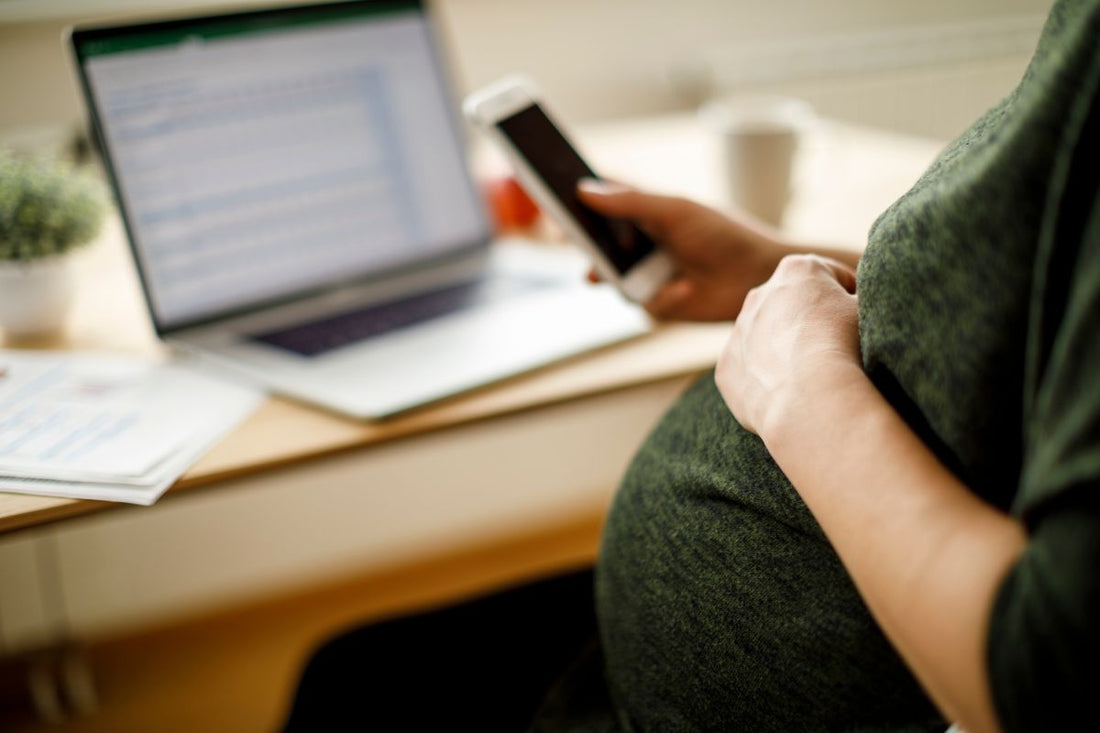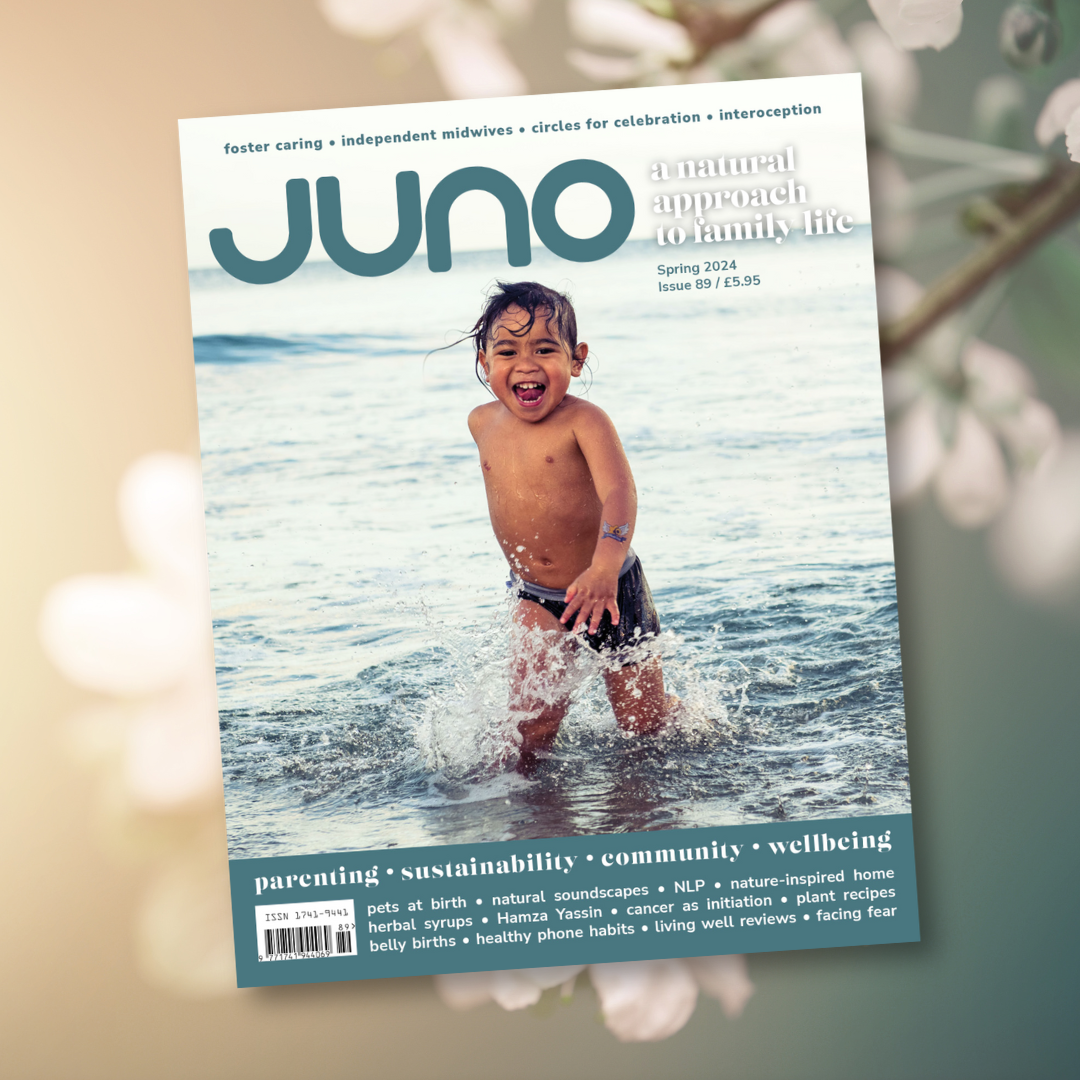I have recently joined a physiological birth group on the social media app Clubhouse. (Clubhouse allows you to listen to interesting discussions on various topics and join in with the conversations.) It has been great fun, and I have already met many people through listening and sharing my viewpoint. I recommend anyone with an interest in birth to join, listen and, if they want to, engage with the conversation. All are welcome. There is no hierarchy, no hidden agenda, no fee and no critique. The group organiser, Kemi Johnson, is passionate about spreading the conversation around physiology and how to protect it in birth.
Johnson has now started a WhatsApp group too, bringing together like-minded people for support and resources. I have been introduced to birth workers from across the country who describe the status of birth in their region, with updates on the challenges they have in their local maternity services, introductions of new policies, as well as triumphs and successes. This is always of interest to me.
As a result of my involvement with the group, I was interviewed for the podcast The Ultimate Guide to Being a Birth Partner. This was an ideal opportunity to describe how a birth centre works, and the advantages of physiological birth for families who choose to come to us. It was the first time I have been asked to describe the benefits of supporting births in a midwife-led centre to an audience. I was able to describe how our strength and passion arises from midwifery wisdom and a common knowledge of normal labour, combined with emotional resonance or emotional empathy. This approach is incompatible with the obstetric model of conquer and rescue. Emotional empathy, also known as affective empathy, is protective against trauma and includes:
- Sharing an emotional experience
- Feeling distress in response to someone’s pain
- Experiencing a willingness to help someone
Whereas, cognitive empathy is more associated with trauma and includes:
- Taking another person’s perspective
- Imagining what it’s like to be in another person’s shoes (like sympathy)
- Understanding someone’s feelings (from a thinking not feeling position)1
In birth, the ideal is affective empathy, because it involves the ability to understand another person’s emotions and respond appropriately, without becoming too overwhelmed by another person’s situation.
The creator and producer of the podcast, Sallyann Beresford, is keen to provide an introduction to a wide range of experts, all working within the birth field, and the breadth of speakers she has curated and recorded is fabulous.
My experience is that there are many knowledgeable, supportive and experienced pregnancy and birth specialists in private practice in every community, offering a range of services:
- Emotional: hypnobirthing, National Childbirth Trust, new life classes
- Psychological: talking therapies, doulas
- Spiritual: yoga, faith, mindfulness
- Physical: active birth classes, fitness, acupuncture
Post-birth specialists and services include lactation consultants, Hearts Milk Bank, women’s health physiotherapists, hypopressives (for pelvic floor health) and postpartum doulas.
Lockdown over the past year has made initiating contact and gaining help online easier and more accessible. This has been a fantastic development in the ways we can access support. I have been FaceTiming a mother in the United States, and couples in France, to provide birth recovery sessions, something I would not have considered possible pre-lockdown. I am learning about the systems and attitudes in their countries, the roles of doctors and midwives, and how care is provided differently. The unifying trend is the imprint left on mothers after interventions and projected concerns. The US and France are societies in which there are also experts, books and classes whose goals, similarly, are to create some balance, educate families and counteract medical dominance, which is so ingrained in our cultures. Wherever we are in the world, the themes of birth trauma are present. Reassuringly, they are, with help, repairable.
Learning to use FaceTime, Microsoft Teams, Zoom and Skype has opened up a new way of working for me, and has meant I can now reach people who are not local to me and still be of service and help.
To remain current and up-to-date with other research developments, I have been listening to several other podcasts too, all of which provide rich detail of various aspects of pregnancy, birth and parenting. I do hope you can also enjoy them.
- The Ultimate Guide to Being a Birth Partner by Sallyann Beresford
- The Midwives’ Cauldron by Katie James and Dr Rachel Reed
- All4Maternity Podcasts by Sheena Byrom
____
Reference
Jodi Clarke, ‘Cognitive vs emotional empathy’, updated 7 April 2020, available at verywellmind.com.
____

Eleanor Copp supports families across the UK, currently online. relaxedparenting.co.uk 07929 857 608
____
First published in Issue 73 of JUNO. Accurate at the time this issue went to print.



